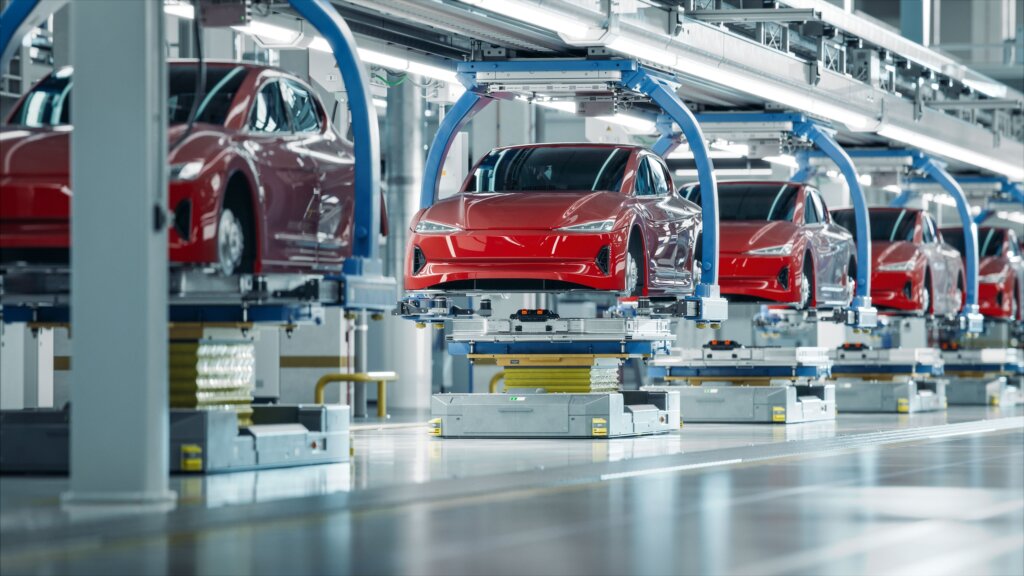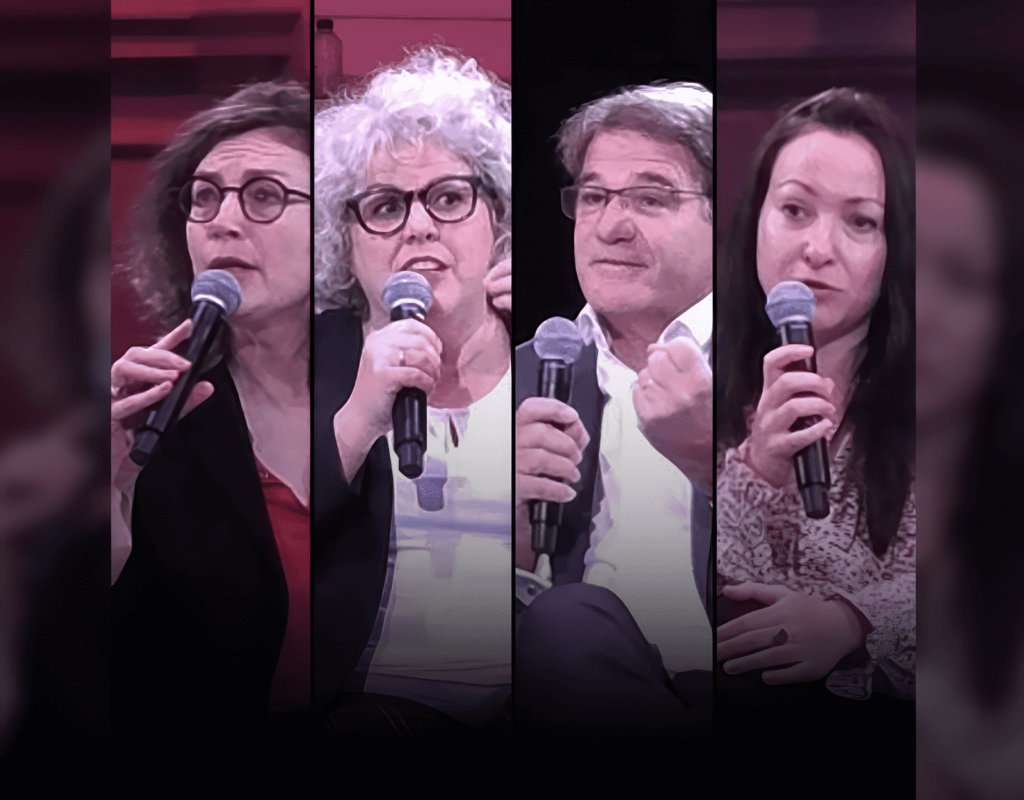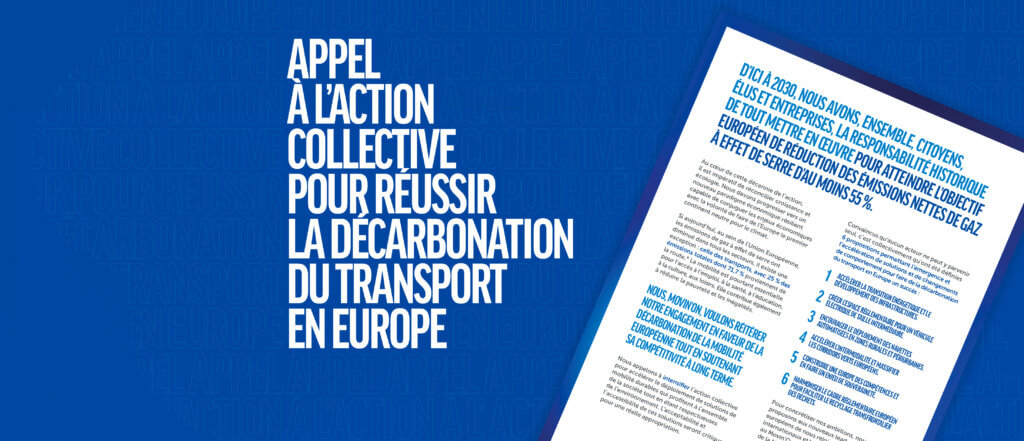Economy of functionality – regional approaches: a new way forward for sustainable economic development
Economy of functionality – regional approaches: a new way forward for sustainable economic development
Workshop moderated by ADEME
The workshop began by underlining the importance of the economy of functionality and cooperation with local and regional authorities in shifting business practices towards more sustainable and responsible models. Claire Pinet and Claire Tournefer emphasized the need for a paradigm shift, from selling goods to selling performance in terms of use and positively useful effects.
The challenges facing ecological and social transition
The challenge is as follows: businesses and consumers must evolve both at the same time if we are to make a genuine commitment to ecological and social transition. This shift requires the active participation of local authorities and decentralized government departments. We need to find solutions collectively, and these solutions need to be tailored to different customers and citizens, as well as to different regions. This implies a reduction in the production and consumption of material goods, which in turn requires a complete change of economic model.
Concrete examples of transition
Claire Pinet mentioned two concrete examples of this shift in paradigm :
- An energy company that has moved from a boiler sales model to an energy performance offering. The company has worked with a number of local players, such as craftsmen, joiners and energy experts, to offer a collective solution tailored to customer needs.
- The city of Grenoble, which was looking for a high-performance floodlighting solution for sports facilities. Rather than opting for an equipment contract, they chose a contract focused on the way lighting is used.
Claire Pinet also presented the "Territoires de Services et de Coopérations" - COOP'TER program, set up by ADEME in partnership with ATEMIS. More than 20 cooperative projects are currently underway in different regions of France, covering food, housing, mobility, tourism, fashion, toys, waste prevention, energy and more...
These projects are promoted by companies, local authorities or citizen associations. They are all supported by pairs of mentors trained in the economy of functionality and cooperation.
The approach involves public and private players working together, with a view to gradually transforming each other's activities and eventually forming "local cooperative ecosystems". Action research is also carried out in some of these areas. REJOUE is supported under this same program.
The initiative launched by the REJOUÉ association, founded and run by Claire Tournefer
The Rejoué association, which has been in up and running since 2012, extends the life of toys by giving them a second life in the hands of a new owner - 70,000 second-hand toys are produced every year.
This activity addresses three major issues:
- The fight against job insecurity - particularly for single mothers. 70 people work and are supported in accessing employment and training (insertion project).
- Reducing waste, especially the waste generated by over-consumption - 100,000 tons of toys are thrown away every year - most of them plastic - i.e. the equivalent of 10 Eiffel towers buried or incinerated. On average, last just 8 months.
- Facilitating access to responsible consumption: quality second-hand goods.
This is, then, a full part of the circular economy. The association has long demonstrated its ability to unite and involve a wide range of stakeholders in its drive for non-stop improvement. Today, Rejoué is a pioneering organization and a key player in the field of the circular economy, and is committed to reviewing the development of its practices as part of a process of innovation and continuous improvement.
A new, proactive strategy is today focused on using toys rather than owning them. The move is fully in line with the association's vision and capacity: to move away from the race to produce more and more in order to consume more and more. This, however, this is not the approach adopted by the Extended Producer Responsibility (EPR) scheme for toys (a new environmental regulation designed to increase re-use before recycling) run by the Ecomaison eco-organization.
In addition to still being very low, support for re-use is calculated on the basis of proportion rather than on quality and prolonged use.
Rejoué committed to the economy of functionality with Coopter
On the strength of its knowledge of professionals working with children as customers, the association wanted to listen and gain clearer insights into their uses, expectations and needs.
We were surprised to find that they are already very creative, particularly when it comes to prolonging the life of toys and books: creating a picture book with pictures from damaged books, creating new toys with unfinished toys, etc. We were also surprised by the fact that they are keen to share their solutions! By contrast, other needs still need to be met: specific toy kits (themes, proportion, inclusive use), ways of ensuring durability, etc.
To go further, the concept of the Economy of Functionality was explained and shared with these professionals and the people at Rejoué. And it was on the basis of a positive mindset of "What if....” that the first ideas for solutions emerged with suggestions for new intangible and tangible services. This inventive phase produced a huge range of solutions with the deep and lasting involvement of a variety of children's facilities set up in the south of the Ile-de-France region, such as the highly committed local authority of Bourg la Reine. The dynamic organization of working groups and the willingness to cooperate, led by Rejoué, helped to get the whole community on board.
During several workshops with stakeholders, four service solutions emerged:
- To have a complete set of toys available for a given period of time to meet specific needs...
- Facilitating peer-to-peer exchanges around toys and facilitating mutual help and the sharing of experiences.
- Reinforcing Rejoué's action in extending the life of toys by recomposing, transforming and upcycling them. The first 2 areas will be co-experimented in the course of 2023 and 2024.
This project brings together professionals working with children’s products and the Rejoué association in an innovative and unprecedented cooperation in the service of a shared interest: the well-being of children. It's a promising start to sharing practices and finding local solutions that are rather more understated and sustainable. Long live collective intelligence and the co-creation of a new economy!
Putting the
economy of functionality into action
Animateurs
Share
Tweets de @movinonconnect
Movin'On 2035 TODAY EP02 - Circular Economy & Competitivity
Movin’On 2035 TODAY EP01 – Fair Mobility for All https://x.com/i/broadcasts/1yNxagBrWZbGj
✨ THAT'S A WRAP!
Movin'On Summit 2024 has just concluded in Brussels!
More than 350 leaders and experts in sustainable mobility gathered to exchange ideas, collaborate, and share their vision for desirable and decarbonised mobility in Europe. Together, we explored ways to build…
🔴 Live from #MovinOnSummit2024
@AshaSumputh has just invited Denis Machuel, CEO at @AdeccoGroup and Florent Menegaux, President of the @Michelin Group & President of Movin'On
Watch our programs on
Sustainable mobility news
Discover the latest trends, analyses per theme, and our next meetings.








